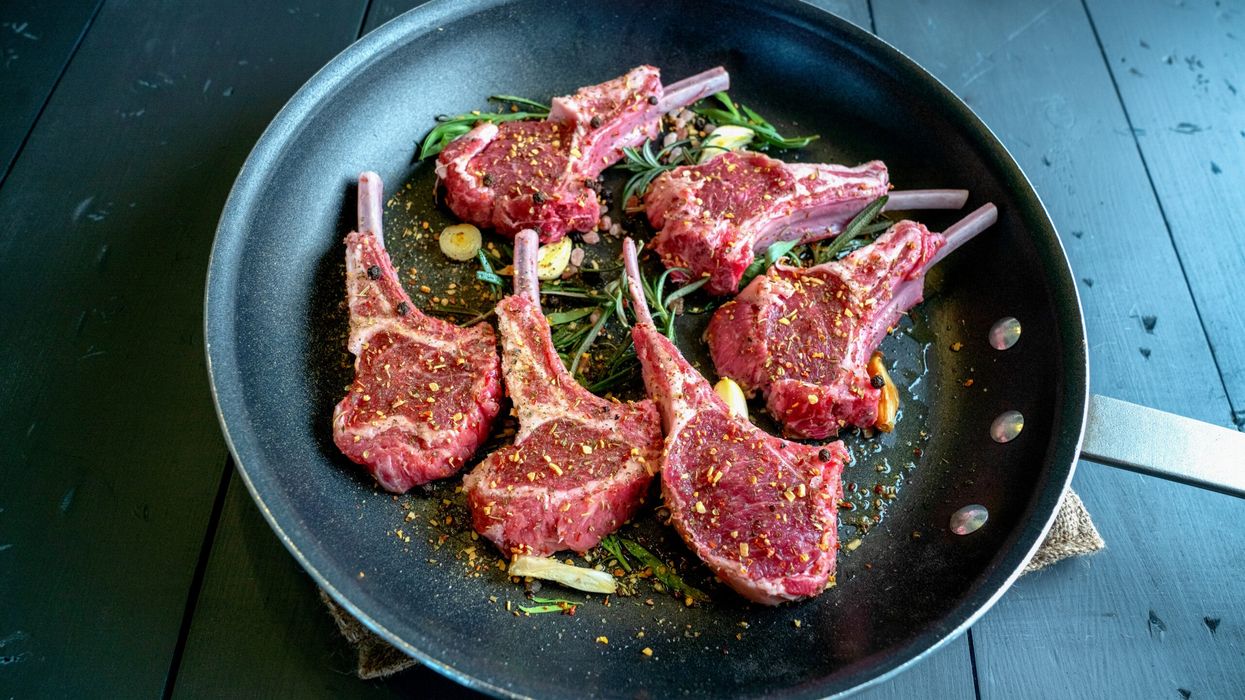A NEW study has found that haem iron, present in red meat and other animal products, is associated with a 26 per cent higher risk of developing type 2 diabetes compared to non-haem iron found in plant-based foods.
Previous research mainly relied on epidemiological data, but this study took a more comprehensive approach by integrating conventional metabolic biomarkers and advanced metabolomics, according to Fenglei Wang, a research associate at Harvard TH Chan School of Public Health, US.
Wang explained that this approach provided a deeper understanding of the link between iron intake and the risk of type 2 diabetes, as well as the potential metabolic pathways involved. The findings have been published in the journal Nature Metabolism.
The researchers suggested that reducing red meat consumption and adopting a diet rich in plant-based foods could help lower the risk of diabetes. They also raised concerns about the use of haem iron in plant-based meat alternatives, which are becoming increasingly popular for their meaty flavour and appearance.
The study analysed data from 36 years of dietary reports from over 200,000 adults, nearly 80 per cent of whom were women. Participants were drawn from the Nurses' Health Studies I and II, and the Health Professionals Follow-up Study, which examine risk factors for major chronic diseases.
The researchers looked at various forms of iron intake among the participants, including haem iron, non-haem iron, and iron supplements, in relation to their type 2 diabetes status. In a smaller group of over 37,000 participants, they investigated the biological processes behind the connection between haem iron and diabetes.
This analysis included data on plasma metabolic biomarkers related to insulin levels, blood sugar, lipids, and inflammation. The researchers also examined metabolomic profiles—plasma levels of small-molecule metabolites derived from bodily processes—of over 9,000 participants.
The study concluded that only a higher intake of haem iron was linked to an increased risk of type 2 diabetes. It further found that haem iron accounted for more than half of the diabetes risk associated with unprocessed red meat and contributed to the risk associated with several dietary patterns related to type 2 diabetes. Additionally, higher haem iron intake was associated with unfavourable profiles of plasma biomarkers connected to insulin, lipids, inflammation, and other diabetes-related factors.
(With inputs from PTI)




